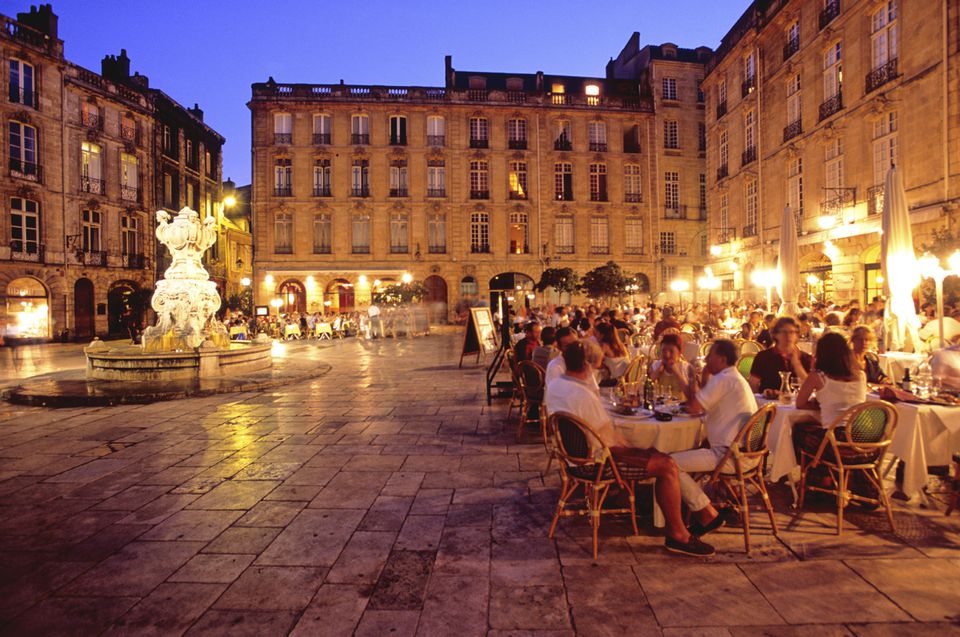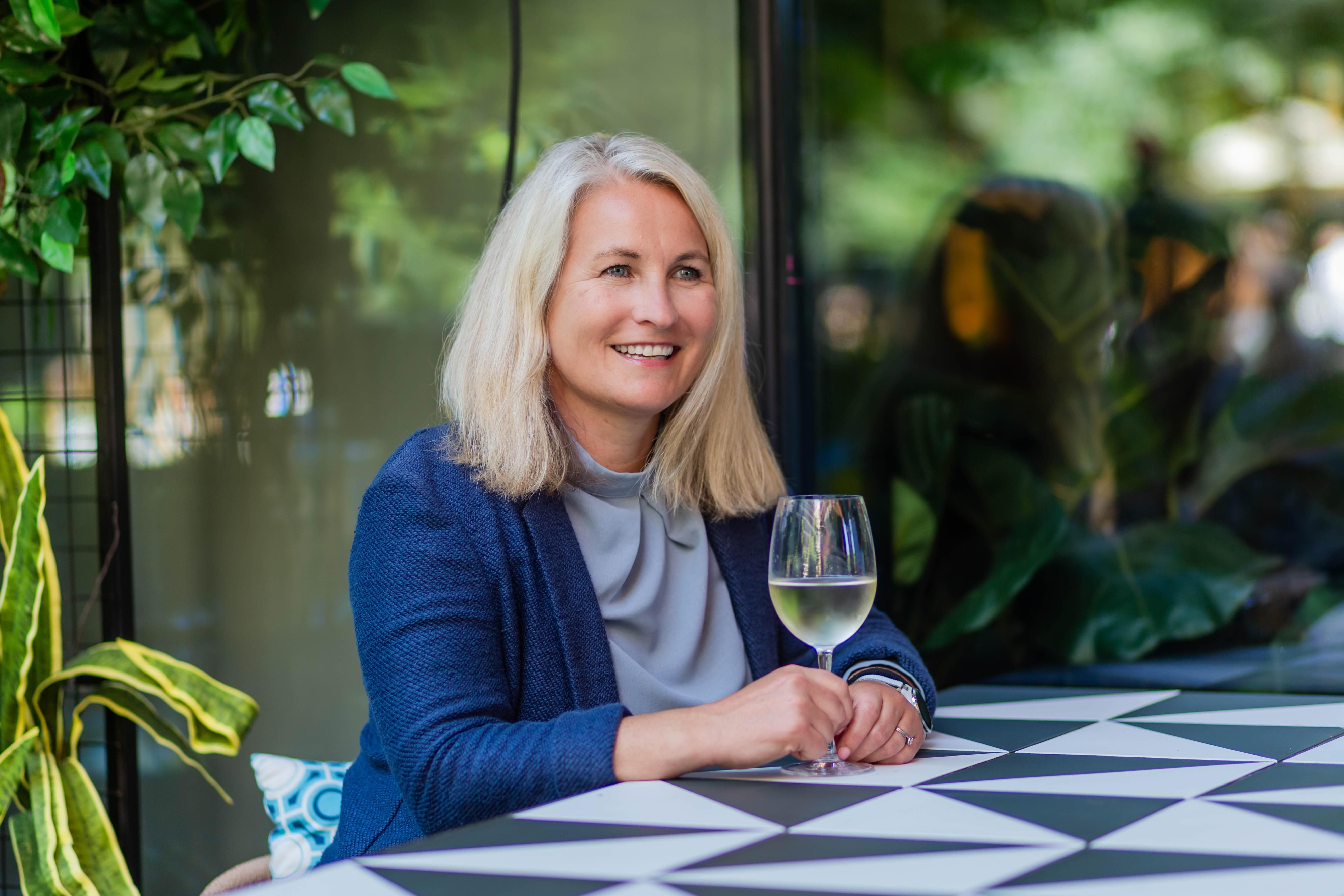On the face of it you would not think Bordeaux would have an image problem, but for Allan Sichel, president of the Bordeaux Wine Council (CIVB) it’s a constant challenge to open up the region to more consumers and makes its wines relevant, and approachable to trade buyers and wine drinkers alike.
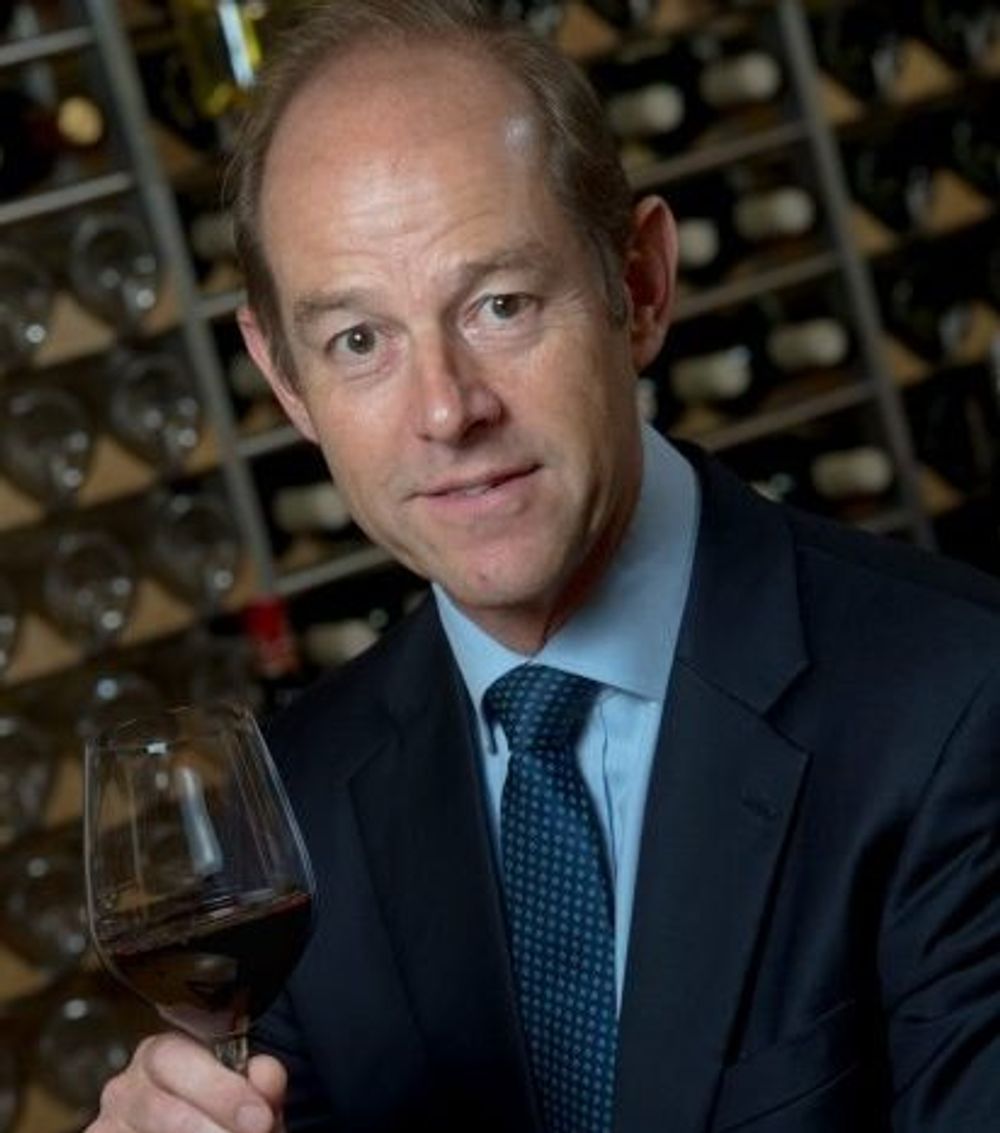
Allan Sichel says Bordeaux has to find new ways to engage with both the trade and consumers
Let’s cut to the chase. How are sales of Bordeaux doing in you key markets around the world?
Overall Bordeaux sales are doing well internationally. China and the US, in particular, have been performing strongly for several years. However, in our three key European markets – namely the UK, Belgium and Germany, we have for the past three years been seeing a downward trend, but last year there was an upturn, and volumes are on the up again. The UK has performed particularly well, with value up by 29% and volumes up by 8% in the past year, while exports to Belgium were up by 13% in value, and in Germany up by 12%.
We are certainly seeing with Bordeaux the emerging trend of consumers drinking less wine, but drinking better quality. This is something we’ve observed across our eight major markets. Which is good news for Bordeaux.
Where is your biggest market?
Other than France, which accounts for over half – 56% – of our production, China is our largest market, where we have seen a 14% increase in volumes and a 23% increase in value in the past year.
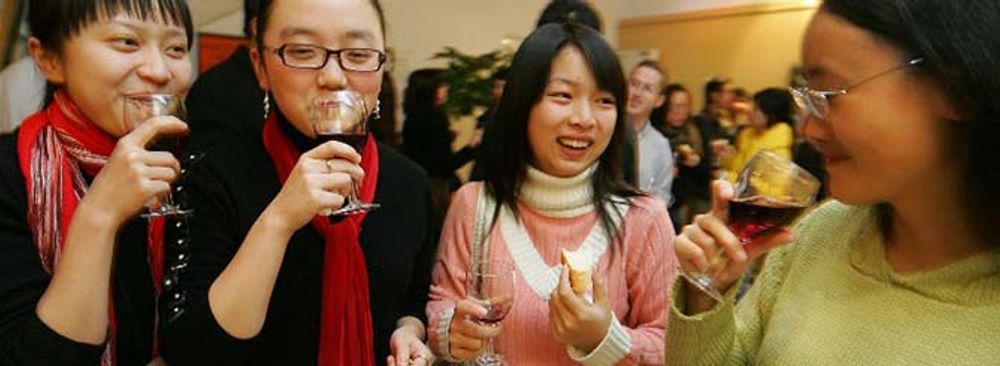
The Chinese wine market is being driven by more younger people choosing to drink wine
What changes have you seen in the Chinese market?
While growth cannot continue for ever, there is still much potential in China. But there has been a definite shift away from premium wines to the mid-market, and also a change in Chinese consumers’ expectations and behaviour. Ten years ago exports to China were driven by the very top labels, and at the other end of the scale, the very low end. It didn’t matter what was in the bottle as long as it carried the Bordeaux label and it was as cheap as possible.
In those days just under half of all imported wine into China came from Bordeaux, but we are now up against fierce competition from the likes of Chile and Australia who are also benefiting from free trade agreements with China. However, that impacts much more on entry-level wines which is a sector we are trying to move out of. Now Chinese consumers are realising you don’t need to spend a fortune on Bordeaux wine, but that it is worth spending a little bit more than on basic entry level wine.
What do you see as the biggest hurdles facing Bordeaux wines?
I think the lingering perception is that Bordeaux wine is complex and expensive. That is still a challenge for us to overcome. Our key message has to be that Bordeaux is diverse, but it’s not complex! And cheap isn’t necessarily good value.
How important is education in overcoming preconceptions about Bordeaux?
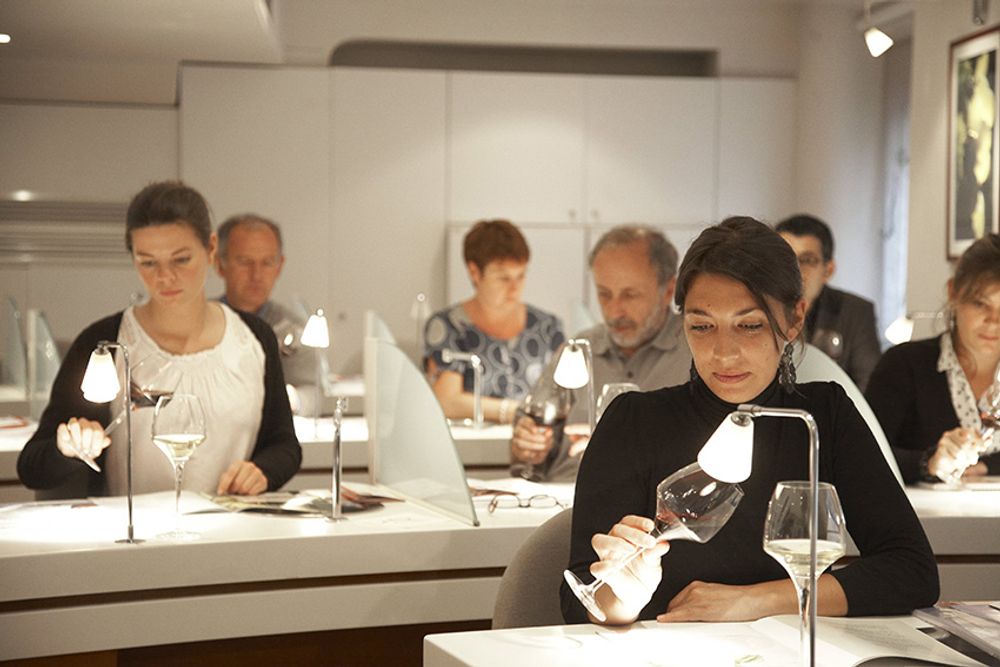
Educating both the trade and consumers around the world is the key to opening up Bordeaux to more drinkers
We realise education has to be the key to demystifying Bordeaux and this is our focus. We have set up Les Ecoles du Vin to educate both consumers and the trade about our wines. We have 250 wine tutors globally, and 55 alone in China, where we are trying to shake off some of the old misconceptions. For example, we are introducing the concept of pairing wine with local food, which can be tricky. After all, how do you pair a Sauterne with a dish in a culture that doesn’t eat dessert? But we have shown that in fact, Sauterne goes brilliantly with the spicy food of Sichuan.
Surely those in the wine trade must already be familiar with Bordeaux?
You’d be surprised. Bordeaux is always included in any decent wine education programme, but often it’s never revisited, and there are plenty of people working in the UK wine trade who possibly feel embarrassed by their lack of knowledge of the area. So we are working to overcome these gaps in knowledge, by holding master classes, sommeliers tastings and food and wine pairing sessions, aimed at both consumers and the trade.
What impact will last year’s short harvest have on the UK market?
While last year’s harvest was down 40% on the previous year, from 5.6 million hl in 2016 to 3.5 million hl last year, in reality there was plenty of stock left over from 2016 when yields were much greater. So I would say as a result we are down around 10%, though we are planning ahead to offset the effects if there is another shortfall this year. However, it would be difficult to sustain another shortfall like last year’s. What this has done is speed up Bordeaux’s exit from the basic value category, with very little supply of entry-level wines.
What impact do you think Brexit is going to have on sales to the UK?We are not worried, and will wait to see more concrete plans. The exchange rate is, and could be much more impactful than Brexit.
What is the key message you’d like to get across regarding Bordeaux wines?
That Bordeaux is not one big industry, but a large number of small artisan wine growers, working in very diverse ways. Also, that modern Bordeaux reds are not the same as the old, heavy tannin and oak-laden wines the region was known for, but fresher and fruitier in line with current consumer trends.
What does the future hold for Bordeaux?
Bordeaux is changing. There are now many younger ambitious winemakers breathing new life into the industry, and who are collaborating on wine tastings and wine making techniques they may have acquired when working in other wine regions. They are then combining new ideas with the knowledge that they have already acquired from winemaking in Bordeaux. They are also reintroducing varieties such as Petit Verdot, Carmenere and Malbec, which had fallen out of favour. We see many opportunities in the UK market – a new generation of wine drinkers, with a new way of drinking, which aligns with a the new generation of winemakers in Bordeaux and the diversity of our wines.
